Retrace the city’s queer roots with this crawl that celebrates early LGBTQiA+ hangouts and cultural creators
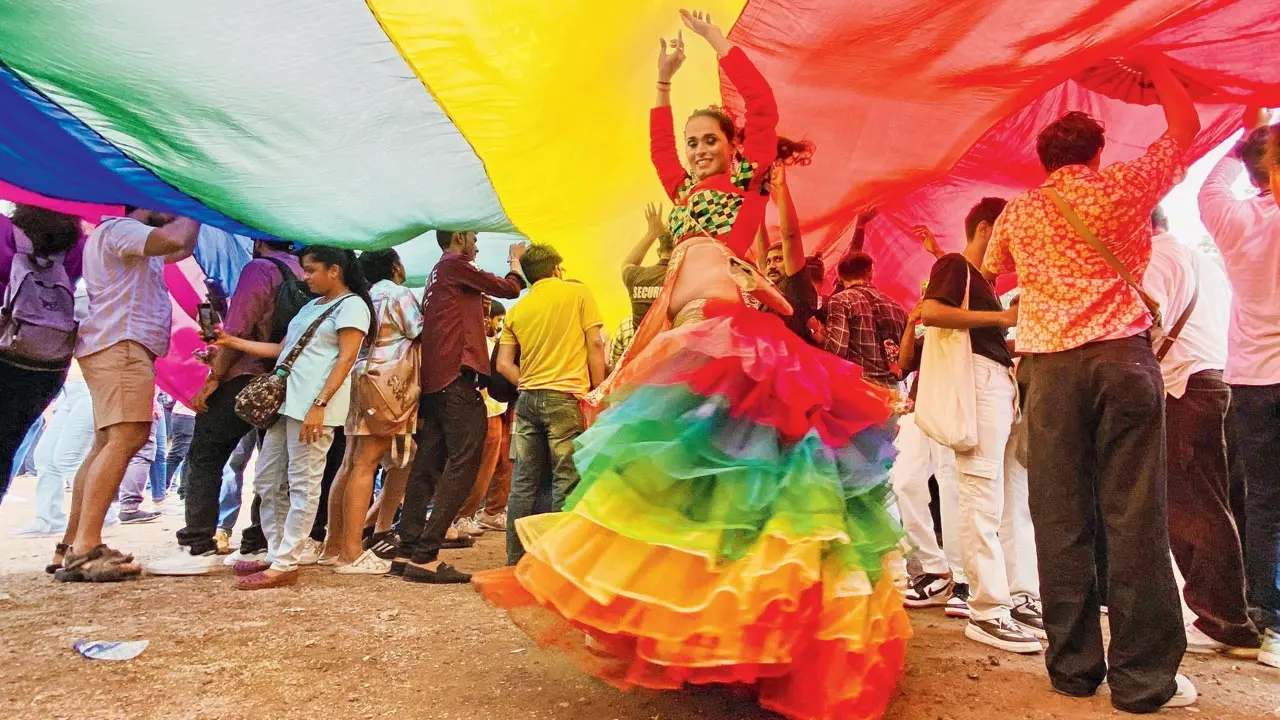
A pride march in Mumbai, 2023. File pic/Shadab Khan
Long before Pride, there was presence. Mumbai’s queer community carved out space for itself quietly, cleverly, and often in plain sight. They met under the cover of trees in parks, signalled each other with roses at cafes, and socialised in the shadows of bars that never asked questions.
Today, the city has Pride marches, film festivals, and spaces proudly claiming to be LGBTQiA+ friendly. But Mumbai’s legacy of queer resilience is in its nooks and crannies.
Go on this heritage crawl through the streets where queer Mumbai once found its voice and enjoyed a sense of quiet liberation.
(With inputs from theatre director and writer Vikram Phukan, whose Postcards from Colaba is a heritage walk-cum-performance on queer stories conducted between October and April)
Discreet meetings
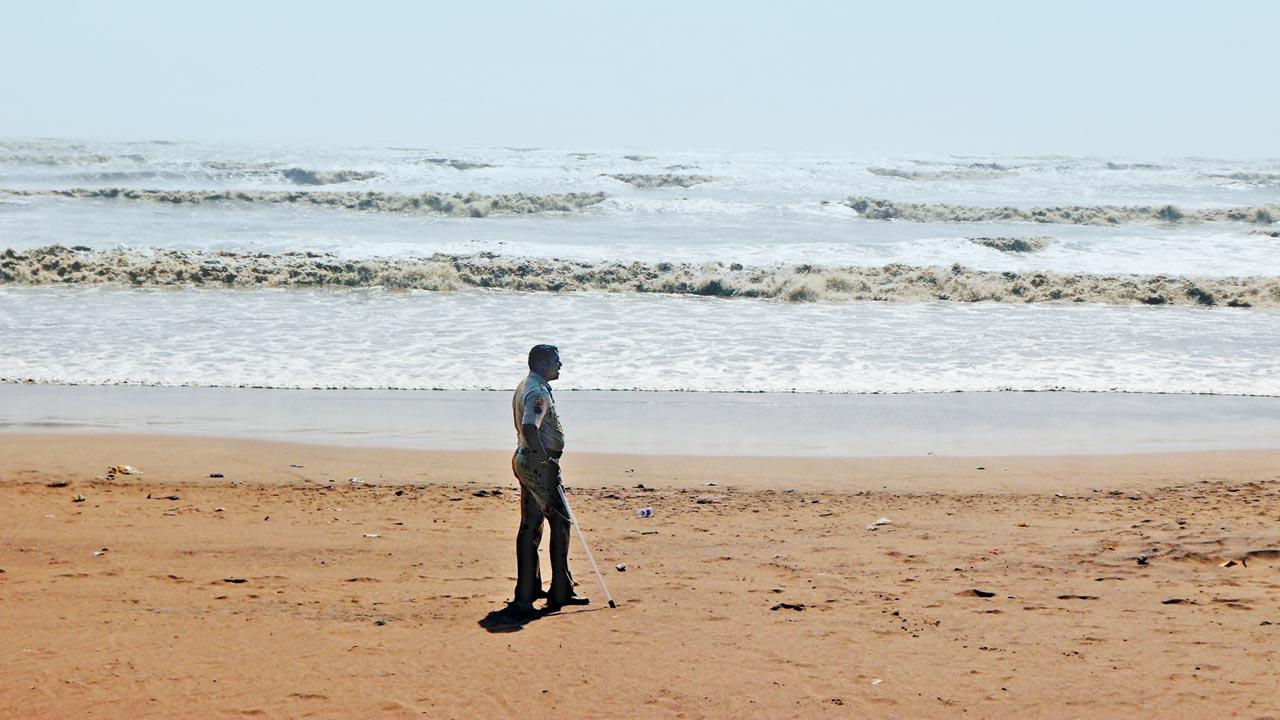 Aksa Beach. File pic/Anurag Ahire
Aksa Beach. File pic/Anurag Ahire
Before queer visibility became a movement, it was key to create safe pockets of the city. Founded in 1995, the organisation Lesbians and Bisexuals in Action (LABIA) was known as Stree Sangam, and their meetings were quietly orchestrated. A person sitting with a red rose at a café was the secret sign: If you knew, you knew. After initial introductions, the group would often head to Aksa Beach, where they could talk more freely and just be.
In 1998, GayBombay, one of the city’s earliest and informal LGBTQiA+ collectives, began crafting safe social spaces. They met at Just Around the Corner in Bandra (now Eat Around the Corner), easing into conversations over coffee before transitioning to someone’s home for deeper cultural dialogue. These gatherings were intimate (five to 10 people) and doubled as lifelines in a time when the queer community couldn’t exist out loud.
Where: Aksa Beach; Eat Around the Corner (formerly Just Around the Corner), Bandra
Legendary Library
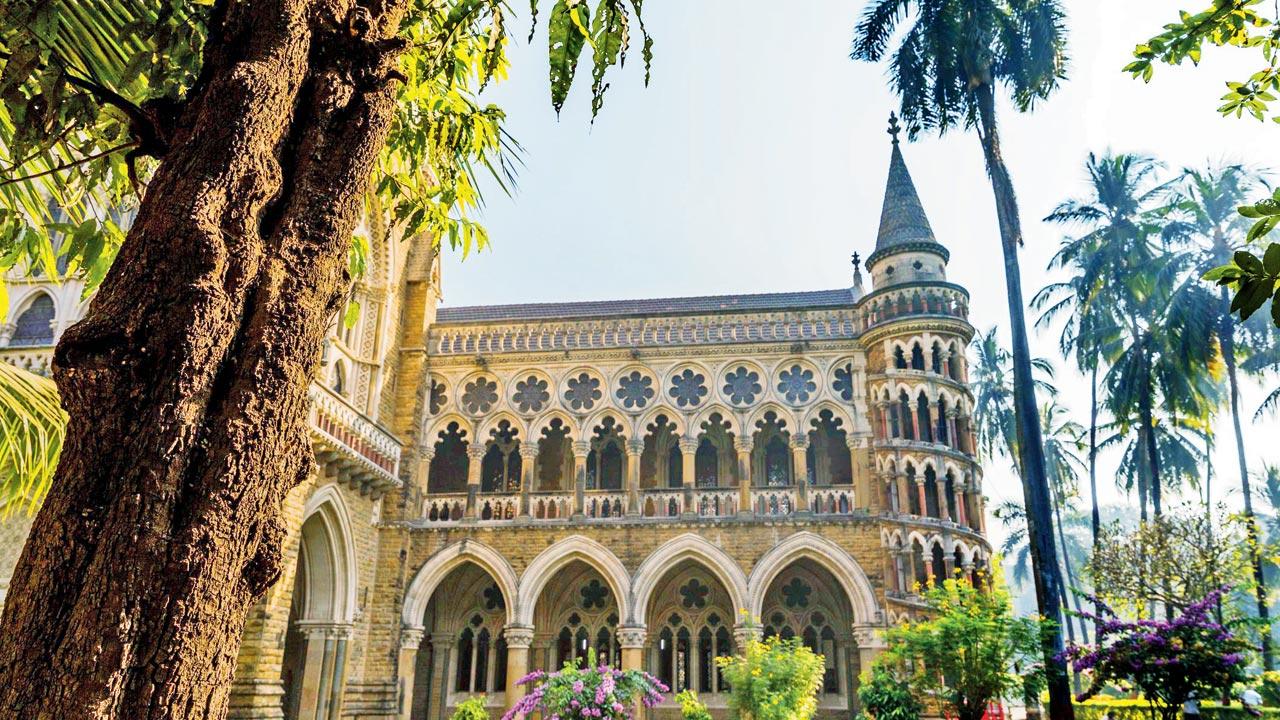 Pic/iStock
Pic/iStock
You have probably walked past the University of Mumbai’s Fort campus. In 1996, it became an unlikely backdrop to one of Indian cinema’s most subversive queer moments (at least in public imagination).
Filmmaker Riyad Vinci Wadia gave Indian cinema BOMgAY, an anthology co-directed with Jangu Sethna. Based on poems by R Raj Rao, the film is widely credited as India’s first gay film. It starred Rahul Bose and the late Kushal Punjabi, and stitched together six poetic vignettes of queer life in Bombay.
The film showcases its iconic sex scene taking place in the university’s library, but it wasn’t actually shot here. However, the association stuck, cementing Fort Library in queer cultural lore.
Where: Fort Campus Library, University of Mumbai
Theatrewallah’s Legacy
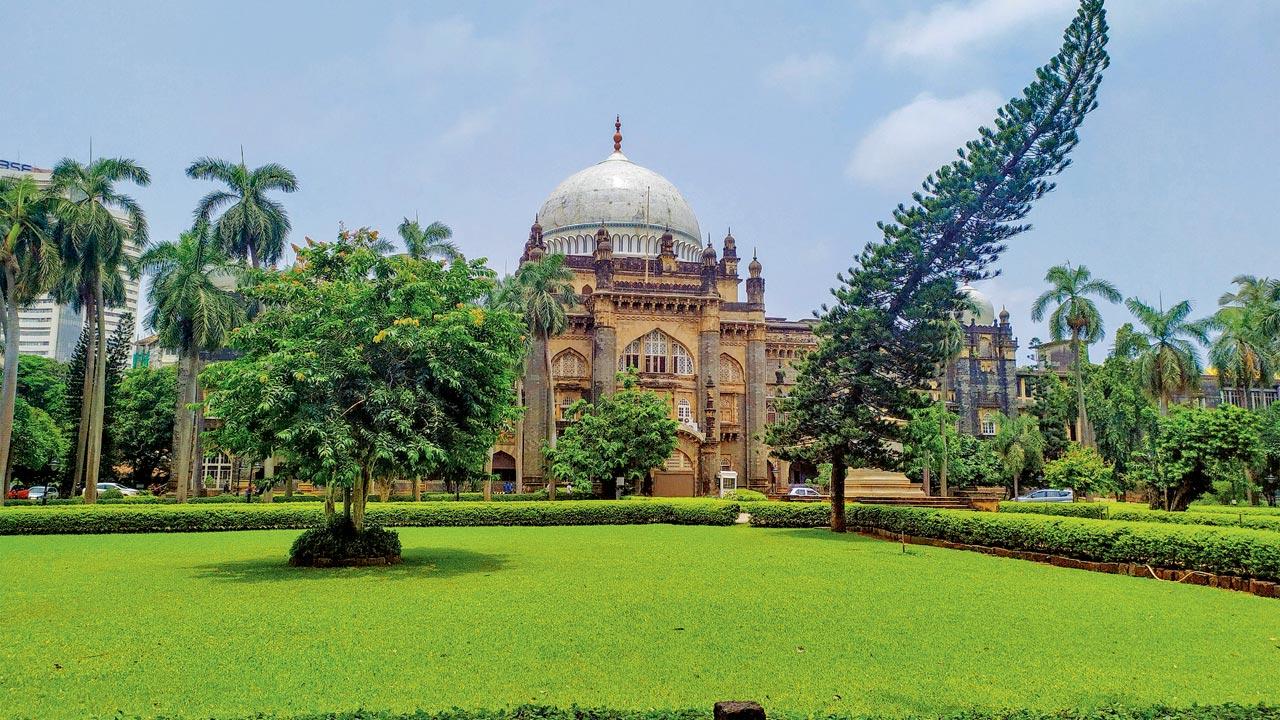 Pic/iStock
Pic/iStock
Standing at NGMA, it’s easy to imagine the defiance and brilliance of a young man who dared to stage something ahead of its time, and paid the price for it.
Before NGMA became the city’s go-to for contemporary art, it played host to one of Bombay’s boldest and quietest queer voices. Sultan ‘Bobby’ Padamsee, a visionary theatre-maker, staged Salome here in 1943, after struggling to find a venue brave enough to host its daring content.
Sultan was just 23 when he passed, never openly gay in his time, but passionately committed to making theatre that mirrored real life. He seeded the English theatre movement in the city, and even in death, his legacy holds: The Sultan Padamsee Award for Playwriting remains one of the country’s most prestigious.
Where: Cowasji Jehangir Public Hall, Fort (now NGMA)
Causeway of love
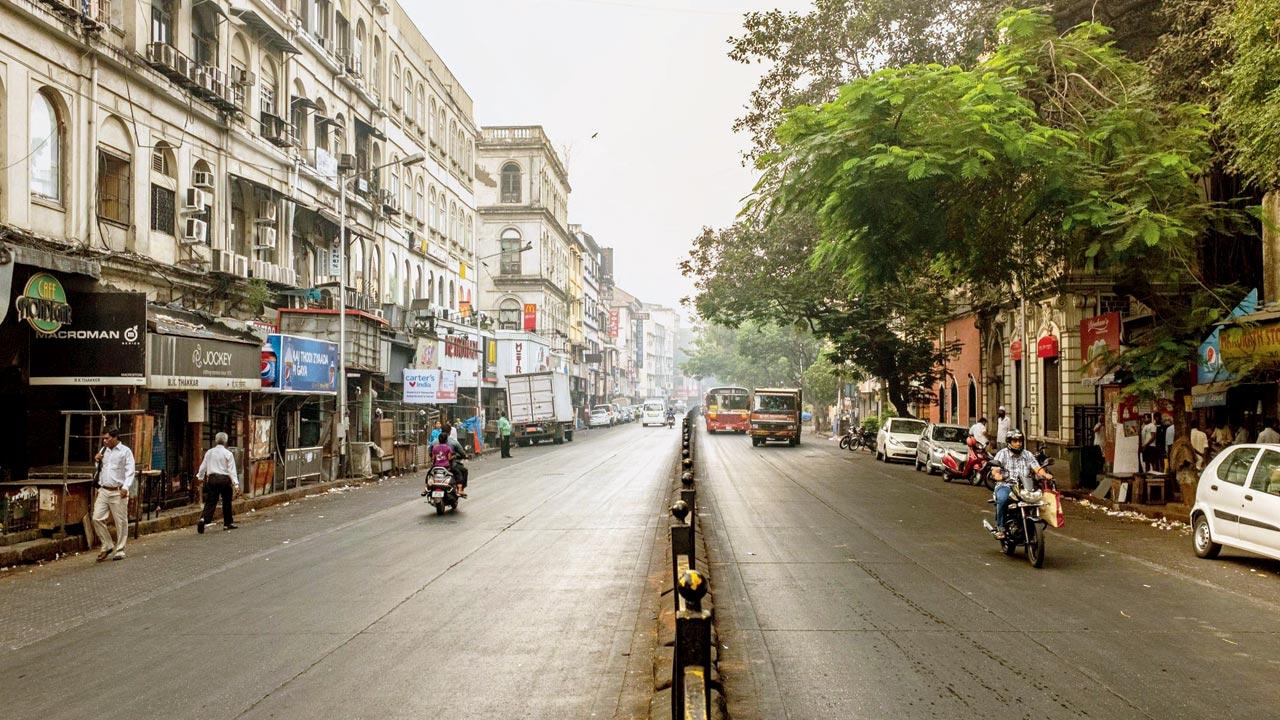 Pic/iStock
Pic/iStock
Long before apps and Pride parades, Colaba Causeway, in the ’80s and ’90s, doubled as the city’s first informal queer district, where gay couples strolled, flirted, and connected.
You would find them stealing quiet moments at Apollo Bunder (once called Wellington Pier), cozy up in the dark while catching a movie at Regal Cinema, or lounging at the nearby Cooperage Bandstand Garden, swapping life stories under the canopy of trees. Gokul, the beloved bar opposite the Taj, had its microcosm upstairs. Boozy dates and sly glances included.
But the epicentre of it all was Voodoo Pub, just a few doors from Radio Club. Mumbai’s first unofficial gay bar, it shut in 2012 following police raids. Before that, in a twist of pure rock ‘n’ roll serendipity, Led Zeppelin even played a surprise set there in 1972.
Where: Colaba Causeway
The Bombay Talkies
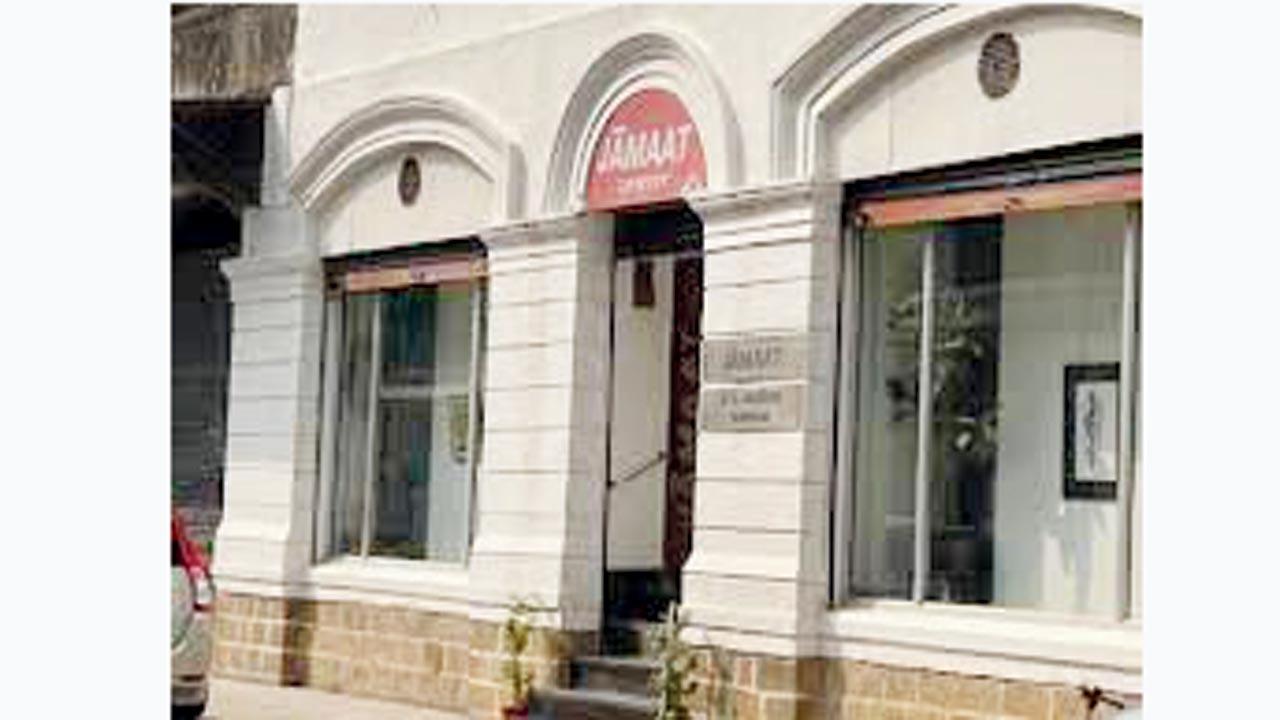 Pic/Jamaat
Pic/Jamaat
Stop here and know how one of the most successful cross-cultural collaborations in cinema began.
Before Bollywood glittered in Andheri, Bombay’s global film dreams flickered to life in a quiet Colaba lane. National House was once the nerve centre of Merchant Ivory Productions, a pioneering film company founded by producer-director duo Ismail Merchant and James Ivory in 1961. Partners in business and life (till Merchant’s death in 2005), Merchant and Ivory made 44 films together, and 23 of them were scripted by Ruth Prawer Jhabvala.
Their early work included India-set gems like Shakespeare Wallah and Bombay Talkie, which starred Shashi Kapoor and Jennifer Kendal. Later, the trio moved West, gifting the world Oscar-winning classics like A Room with a View and Howards End.
Where: National House, Tulloch Road, Colaba
 Subscribe today by clicking the link and stay updated with the latest news!" Click here!
Subscribe today by clicking the link and stay updated with the latest news!" Click here!











